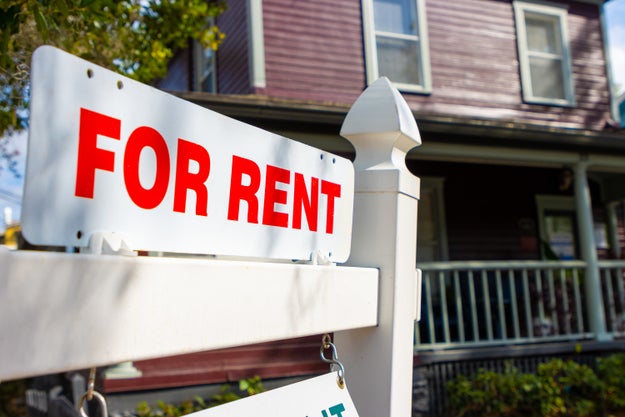Navigating the complexities of rental agreements and landlord-tenant laws can be daunting. With potential rental increases on the horizon, it’s vital for tenants in Hawaii to understand their rights and the legal framework surrounding rent adjustments. This article provides a detailed guide to Hawaii’s rent increase laws in 2024, empowering tenants with the knowledge they need to make informed decisions about their housing.
Key Points of Hawaii Rent Increase Laws
- No Statewide Rent Control: Hawaii does not have statewide rent control laws. This implies that landlords generally have the freedom to increase rent amounts, unless specific cities or counties have local ordinances in place.
- Notice Requirements: Landlords must provide proper written notice before increasing rent. The notice period is 45 days for month-to-month tenancies and 15 days for shorter-term lease agreements.
- Increases During Lease Terms: Rent cannot be increased during an existing fixed-term lease (e.g., a one-year lease agreement). Any adjustments must wait until the lease expires and a new agreement is negotiated.
- Discrimination and Retaliation: Landlords cannot use rent increases as a tool for discrimination against tenants based on protected characteristics (race, religion, national origin, etc.). They also cannot implement rent increases in retaliation for a tenant exercising their legal rights.
Proposed Legislation for Rent Stabilization
In 2023, bills were introduced in the Hawaii legislature (House Bill 1484 and Senate Bill 1113) that aim to limit rent increases. If passed, these bills would impose a cap on annual rent increases at 5% plus the rate of inflation. While this proposed legislation is still in its early stages, it’s crucial for tenants to stay updated on any potential changes that could impact their rental costs.
How Tenants Can Protect Themselves
- Carefully Review Lease Agreements: Thoroughly read your lease agreement before signing. Pay close attention to clauses specifying rent amounts, the duration of the lease, and procedures for rent increases.
- Document Everything: Maintain a record of all communications with your landlord, including rent increase notices, emails, and phone calls. This documentation could be invaluable if disputes arise.
- Know Your Rights: Familiarize yourself with Hawaii’s landlord-tenant laws. Resources on the state’s official websites and legal aid organizations provide comprehensive information on tenant rights. (See sources listed below)
- Negotiate: If you receive a rent increase notice, you can attempt to negotiate the terms or a reduced increase with your landlord. Open communication can sometimes prevent disputes.
- Seek Legal Advice: If you believe the rent increase is excessive, discriminatory, or in violation of your lease agreement, consult an attorney specializing in landlord-tenant law for guidance.
Examples in Major Cities
While Hawaii lacks statewide rent control, local ordinances and potential city-level caps are important considerations for residents:
- Honolulu, Oahu: There are currently no local rent control ordinances in Honolulu. However, community advocacy groups within the city support efforts to introduce rent stabilization measures.
- Hilo, Hawaii Island: Hilo does not have local rent control laws in place.
- Kahului, Maui: There are no local rent control ordinances in effect on Maui.
- Lihue, Kauai: Kauai does not currently have any local rent stabilization ordinances.
Important Resources for Tenants
- Hawaii Office of Consumer Protection: https://cca.hawaii.gov/
- Legal Aid Society of Hawaii: https://www.legalaidhawaii.org/
- Hawaii State Legislature (for tracking proposed legislation): https://www.capitol.hawaii.gov/
Disclaimer This article provides general information on Hawaii’s rent increase laws. It does not constitute legal advice. Always consult with a qualified attorney for personalized advice on your specific situation.
Conclusion
Understanding Hawaii’s legal landscape regarding rent increases is essential for tenants to protect their interests and secure affordable housing. By being informed about their rights, negotiating in good faith, and seeking assistance when needed, tenants can navigate rental agreements with greater confidence and minimize the stress associated with potential rent increases.



